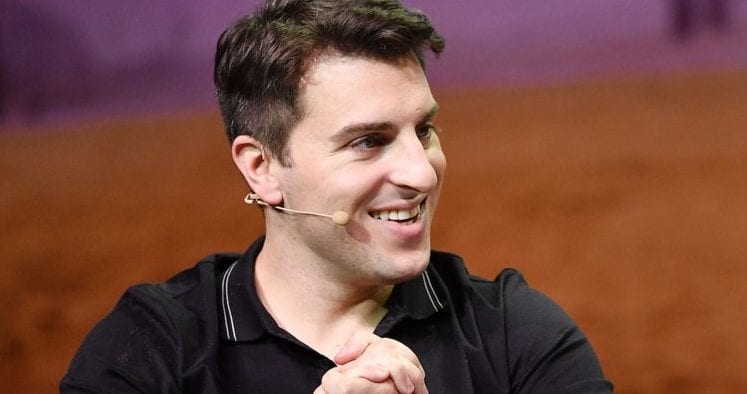The day is finally here. Airbnb begins a new chapter in its story with today’s Wall Street debut. Priced at $68 with a $47B valuation, Airbnb will trade on the Nasdaq exchange under the ticker symbol “ABNB.” CNBC is predicting an indicated price of $154, more than double, and could be the biggest IPO surge since 1988.
“The biggest risk is—where does growth come from?” said Mark Shmulik, an analyst at Bernstein, in an interview today with CNBC. “Are they going to be able to crack the experiences bucket and build a real revenue stream there? Can they grow into the hotel space and continue to take share away from the larger lodging revenue pool? Can they get deeper in the long-term rentals and really build out a sustainable business there? Once we look past the reopening and recovery, when we do see that pent up demand coming back into the lodging sector, where does incremental growth come from? Because there is a dream that sits behind Airbnb, and can they unlock that dream is certainly the biggest risk attached.”
Earlier today, Airbnb CEO and cofounder Brian Chesky appeared on CNBC to discuss Airbnb’s future plans. Here are some key quotes.
“You can be a host in 5 minutes”
“We provide tools and services to allow anyone to be a host. You can be a host in 5 minutes on your phone. And we want to continue to dev and unlock new tools and services to bring millions of people onto the platform to be hosts.”
Long-term stays up more that 50%
“On the guest side we think there are a lot of opportunities as well. For example, something a lot of people don’t know—last year 14% of our business were for stays over 28 days. That’s now growing more than 50%. What’s happening is traveling and living are starting to blur together in this world of flexibly. People aren’t just going to the same 20 cities. They are not just traveling for business and staying for 2 nights. They are actually starting to live all over the world and they’re doing it on Airbnb. And that opens the door to so many possibilities in these services and offerings that we can now do because people really want to feel grounded in where they’re living.”
Chesky says he’s prepared to make tough decisions
“I think I have shown and we’ve shown that we are prepared to make tough decisions when we need to. We are prepared. If you look at the last 8 months, every step of the way, we’ve tried to do our very best to take care of our stakeholders, our guests, our hosts, our communities, and always decide to not just make a business decision but do a principled decision even when you’re not quite sure what the outcome is going to look like. And I think if you do that kind of stuff and you act in that way, the business eventually turns itself around.”
Expects COVID to reset regulatory angst
“I think that in some ways, COVID has offered a little bit of a reset because cities certainly need economic assistance, and I think Airbnb could be a solution to some of the challenges. But our principle is to be transparent and be good partners, and we know that we are afforded the right to exist and we appreciate that.”
“Travel is never going to look like it did in January”
“If our IPO represents anything, it represents that our hosts are coming back and that travel is coming back. But to be very clear, travel is never going to look like it did in January because the world is never going to look like it did in January. And I think what it’s going to mean is travel is going to get redistributed to thousands of cities and people are going to stay longer and are going to be looking for more intimate, authentic experiences, and anyone that provides that is going to be part of this bright future for travel.”



As a host that manages in excess of 1 billion in real estate we were big fans and users of the platform. However, we are no longer on Airbnb due to how they handled us when Covid hit. They were too guest centric and refunded stays without ever communicating with us when we had already extended guests future stay credits which they had accepted. The move violated our written agreement with Airbnb so there is no trust and therefore no business today. Previously accounted for +|- 10% of sales.